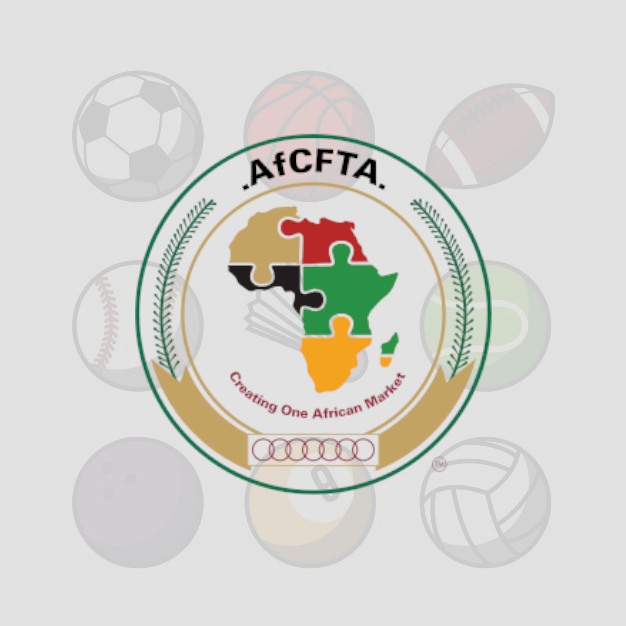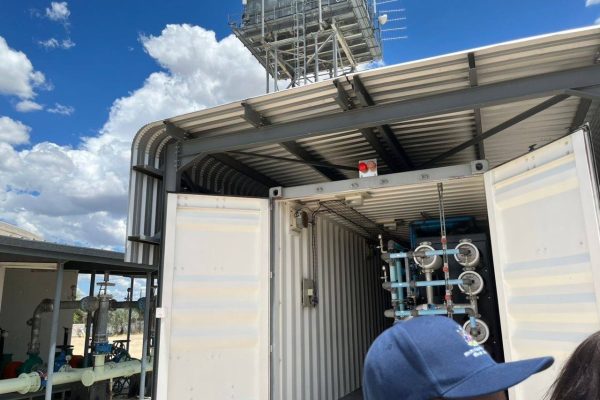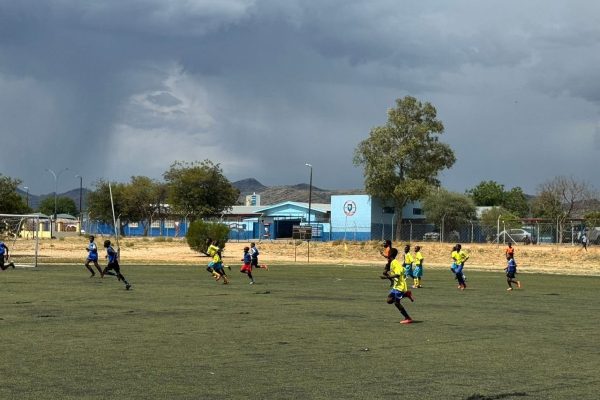
By: Hee-Dee Walenga
The African Continental Free Trade Area (AfCFTA) is a concept that was approved by the African Union in 2012, developed to boost intra-African trade and promote socio-economic development across the continent in line with Agenda 2063.
Trading under the AfCFTA regime commenced on 1 January 2021. Overall, the agreement is meant to create a single market for goods and services. One of the five objectives of the initiative is to progressively eliminate tariffs and non-tariff barriers to trade goods among African nations.
Namibia made its first trade under the AfCTA on 30 June 2025 by exporting a 25,000-ton shipment of salt from Walvis Bay to Nigeria.
Africa is synonymous with potential. Across a wide range of industries, when we speak about Africa, we speak about potential. That potential is rarely realised. The same applies to the sporting industry. Africa is well known for its deep talent pool across a wide range of sports. Unfortunately, Africa is also well known for having its talent leave the continent to succeed.
With over 60% of the continent being under the age of 25, that talent will not run out any time soon.
The question, however, remains: will the continent’s youth see a time where sport on the entire continent is a viable career path? South Africa undoubtedly leads the way in terms of having a booming local professional sporting ecosystem. Countries such as Morocco and Rwanda are attracting major international sporting events. What about the rest?
Sports contribute less than 1% to the continent’s GDP, compared to around 3% globally. According to Global Sports Insights, in 2023, $2.65 trillion in revenue was generated from sports globally (around 40% came from the USA alone). Can the AfCFTA be the key that unlocks Africa’s earning potential in sport?
Although the word ‘sport’ isn’t mentioned once in the AfCFTA agreement, there are ways in which the agreement can boost the African sports industry.
Manufacturing
The production of sporting goods is a multi-billion dollar industry that Africa has yet to fully tap into. The CEO of the African Union Sports Council (AUSC) Region 5 previously told Eagle FM in an interview that there are plans to industrialise sport within the region, which include the establishment of an apparel manufacturing facility.
Said establishment would have a considerable economic impact via the jobs that the facility would create, as well as the revenue generated from the sales of that apparel. Founder of the AFA Sportswear company, Ugo Udezue, stated in an interview with Aljazeera that, “It is easier to ship from Lagos to London than it is from Lagos to Nairobi, Kenya.”
It would also mean that teams in the region would have the opportunity to play in high quality African-made uniforms, which, under the AfCFTA, can be shipped to countries throughout the region without hassle. The Brave Warriors, for example, play their matches in kits produced by a company from Dubai (90mins+).
Movement of People
The AfCFTA, at least in theory, will assist in making it easier for Africans to move from one country to another for sporting purposes. Complex visa policies, high costs, and a lack of visa-free travel agreements are among the reasons that Africans struggle to travel within their continent. In the sporting context, there have been several cases where one African country has denied entry of fellow African athletes and its complimentary staff over visa or immigration-related issues.
Just five months ago, Liberia and Sierra Leone’s women’s national football teams were stranded in Abidjan, Ivory Coast for several days due to issues with obtaining Mauritanian visas, despite expecting to attain these visas on arrival for their WAFU Zone A Women’s Cup fixtures.
In summary, if the vision of the AfCFTA is fully realised, African countries could generate the income which could in turn be re-invested into key areas such as sporting infrastructure, which the continent desperately needs.









